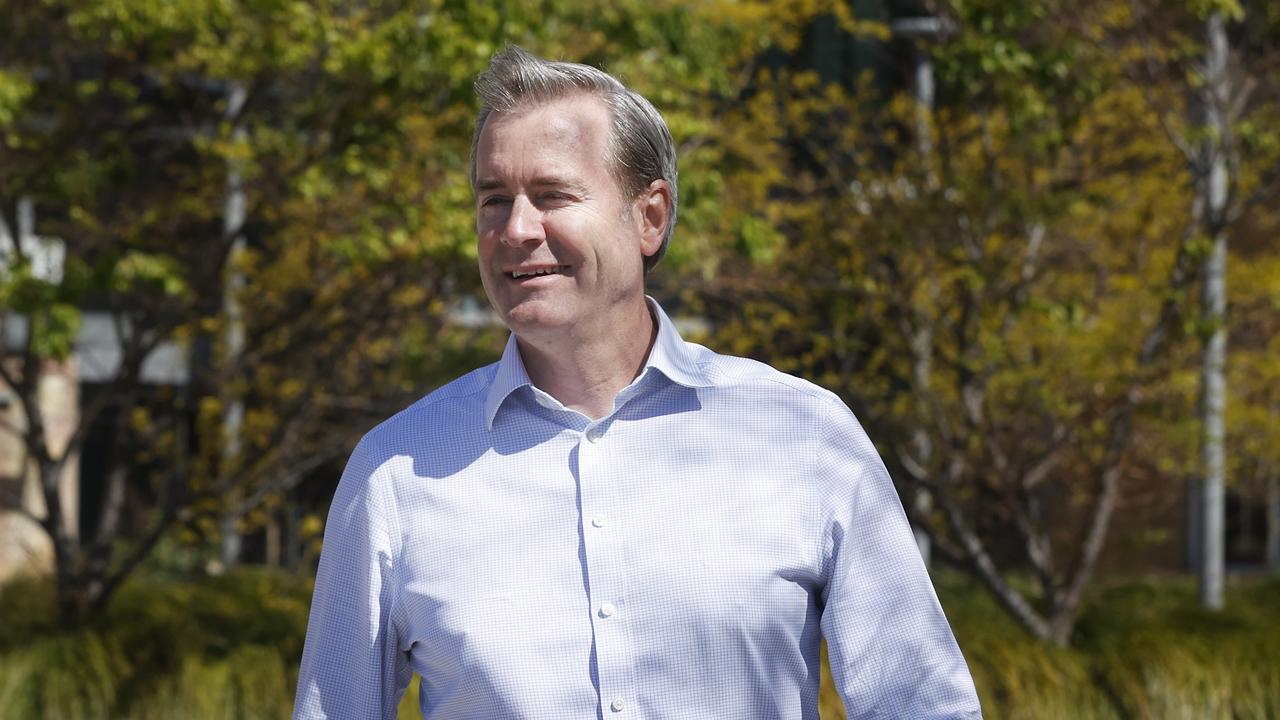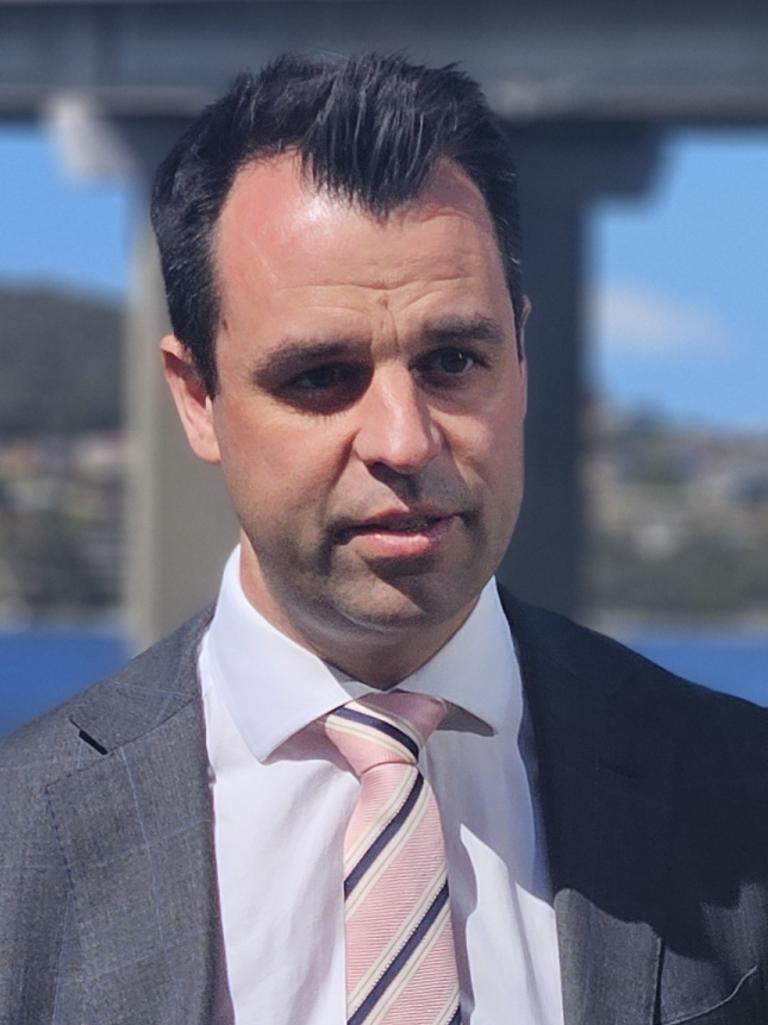Dear Mr Johnson and whoever this may concern,
Here is a version of a question that I have been putting to Council in various contexts for quite a long time but always grounded on Council’s declaring a CLIMATE EMERGENCY in 1998. Like:
· “By polluting the oceans, not mitigating CO2 emissions, and destroying our biodiversity, we are killing our planet. Let us face it, there is no planet B.” Emmanuel Macron, President of France
· “We are the first generation to feel the effect of climate change and the last generation who can do something about it.” Barack Obama, Former US President
· “Twenty-five years ago, people could be excused for not knowing much, or doing much, about climate change. Today we have no excuse.“ Desmond Tutu, Former Archbishop of Cape Town
Serially and somewhat surreally my questioning overtime has been met with well-rehearsed obfuscation. It needs to be said that if you're defending a lie, you can only defend it with obfuscations and other lies. You can't defend a lie with the truth – and that is the truth. Indeed, Council has turned questioning relative tostrategic matters into opportunities to exclude its constituency - and it is a Machiavellian exercise spiked with assertions confidentiality.
All this is so much so that there are officers at Town Hall who have for whatever reason developed expertise in avoiding anything that might exhibit transparency and accountability. Sadly, all this has evolved into Town Hall culture.
On the available evidence it seems as if there may be conflicts of interest in play and thus considerations of wastefulness come into play as a consequence. Given this, it gets to be even more concerning when:
· Councillors’ direct knowledge and experience is as limited as officers’ given that it appears that the appetite for meaningful research and/or any consequent change is compromised for a litany of reasons; and
· Councillors are not always being provided with appropriate independent expert advice with contemporaneous backgrounding by relevant experts in accord with SECTION 65 of the Act – elastic as that has been proven to be; and
· Questions are put to Mayor and Councillors and officers respond on their behalf without consultation with Councillors, without seeking appropriate expert advice, and without current contextualisation – especially so when the expertise is not held by staff.
No doubt what I’m submitting here will be contested. However, I submit that it is timely that Council now takes the opportunity to review its protocols and to facilitate opportunities for deliberations with more direct referencing of CITIZENresearch as if it had a modicum of veracity.
By-and-large, and all too often community consultation processes can be characterised as aCLAYTONSconsultation process – and sadly so.
Informally and formally, on the subject of Launceston’s WASTE MANAGEMENT CENTRE, I have been informed that:
- Council has no intention of changing the nomenclature of the WASTE MANAGEMENT CENTRE to RESOURCE RECOVERY CENTRE and I’m serially informed that there is no marketing imperative or benefit in doing so; and that
- Officers are too busy maintaining a WASTE MANAGEMENT CENTRE that endorses landfill as the‘time honoured’ management strategy and too busy to contemplate change at any level at this time – albeit that Government policy takes a totally different view; and that
- There are no current economically viable alternatives to maintaining a WASTE MANAGEMENT CENTRE despite the officer being directed to other jurisdictions where RESOURCE RECOVERY CENTRES are maintained and profitably by all accounts – some that I have had occasion to visit and engage with their managers; and
- There are classes of WASTE/RESOURCES that are too difficult to process and that is unsustainable rhetoric, and moreover administratively, that self-serving. I have knowledge of a marketing strategy where people delivering ‘postCONSUMER resources to a RESOURCE RECOVERY CENTRE were rewarded IF delivered in the desired condition – and heavily penalised if not – and as likely as not having access to the centre denied; and
- It is just not feasible or viable to achieve something when the officer has no engineering or like experience and there being no realistic access to it; and
- Formal consultation processes such as Citizens’ Juries/Assemblies don’t work and can’t work given the lack of people in the community with the appropriate skills, experience which is not the case; and
- Very recently I have been informed that collectively textiles, soft/difficult plastics, and contaminated wood is represented (60%?) in the waste stream going to landfill plus large amounts of glass are going to landfill when none of any of this should be if appropriate simple separation strategies were to be put in place; and more still.
The concerning subtext to be found in all this is there as evidence of bureaucratic blocking in ways that impacts upon elected representatives’ ability to adequately, and appropriately, represent their constituencies.
Even more concerning is Launceston’s WASTE MANAGEMENT CENTRE being an unsustainable ‘basket case’ contributing, in a local sense, disproportionately to ‘climate emergency’ that Council has acknowledged but has in essence has sat on its hands since doing so.
In the 21st C in a worldwide context looking to maintain the status quo in any context is a denial of the real-world issues where attempts are being made to be mitigate against catastrophic outcomes against considerable odds brought on by human activity and the unsustainable mining of and exploitation of resources.
In fact, there is a strong case to close Launceston’s landfill facility except for highly contaminated and the most toxic material such as asbestos. Indeed, there is a myriad of enterprises such as microFACTORIES [LINK] that require:
- Affordable infrastructure; and
- Ongoing access to postCONSUMER and redundant resources:
That is the valuable resources that are now being consigned to landfill in Launceston.
Indeed, Launceston like the whole of Australia, and indeed the Pacific region too, faces ongoing serial catastrophic events. Looking away for bureaucratic convenience is simply untenable no matter how stressed those charged with the mitigation feel.
Launceston is on the cusp of a catastrophic flood event as was Lismore was/is and the assumptions that Lismore’s Council et al brought on the unprecedented flood event. I have direct experience of flooding in this region with relatives and friends who lived through that event and are still dealing with its consequences.
Lazy thinking and trivialising resource recovery in any way is something that cannot be countenanced on any premise. However, piquing the interest of a bureaucracy dedicated to the status quo is a futile and thankless task and especially so when the personnel have so much invested in how things currently stand – particularly generous career opportunities and employment security.
Nonetheless, this aught not be an opportunity for the contrite wringing of hands. Rather right now is the time for change and an early adoption of strategies to engage the community more directly in strategic developments where the initiative to do so can be exercised by ‘them’ representing themselves. There are win-wins to be had.
Importantly, this is so, given that within the community there is a vast amount of experience and skills available to be tapped into.
The initiating of Citizens Juries/Assemblies has been very successful in an increasing number of jurisdictions. Nonetheless these assemblies provide expert advice from within their processes and the experts they consult/commission that in the end is deliberated upon and determined by the elected representatives. In a murder trial the jury may well determine gilt or otherwise, but it is the judiciary that determines the penalty – slight or dire.
Interestingly, while I keep a relatively close eye on the local press, and social media, I’ve not yet gleaned an opportunity to participate in any way in the current ’10year strategic planning process’ – and I suspect that I am not alone.
Therefore, against this backgrounding, the response I received from Ms Wyatt and approved by you, and clearly without reference to the Mayor and Councillors, is quite inadequate and under the circumstances untenable.
In today’s world where wars are raging, I think that it is it morally unacceptable to kill stories of children being killed, of land being laid to waste, not to run stories even, stories that people have risked their lives to get. Likewise, it is morally and economically unacceptable to be stifling proven strategies to recover postCONSUMER resources.
I struggle with Council’s predisposition to obfuscate and especially so when the issue at hand has earned the importance that it has in a worldwide context. Indeed, as a constituent, I find the ongoing and somewhat ham-fisted attempts to hoodwink constituents more than disturbing. I’d be among the first to acknowledge that what is at stake here is both complex and of monumental proportions. However, there is a way forwardalbeit that it will require civic administrations to take the journey forward, one step at a time.
Like many people in other communities who are seeking action relative to sustainable resource exploitation, I’m ready to work collaboratively and cooperatively to find ways forward locally along with other concerned citizens. Missing chances is not anything anyone should tolerate. What is needed, quite simply are meaningful chances for community members to participate in sustainable postCONSUMER resource recovery at multiple levels and in various ways. This will require a flatter playing field.
Imagining that a constituency is populated with unskilled, uneducated, inexperienced people is just not a sustainable proposition and moreover it reflects very poorly on those who imagine that it is the case. Therefore, I along with many other concerned citizens we look forward to your prompt and considered response.
Yours sincerely,
Ray Norman
Sturt Alumni, Cultural Producer,
Cultural Geographer & Researcher













